Bosnia and Herzegovina
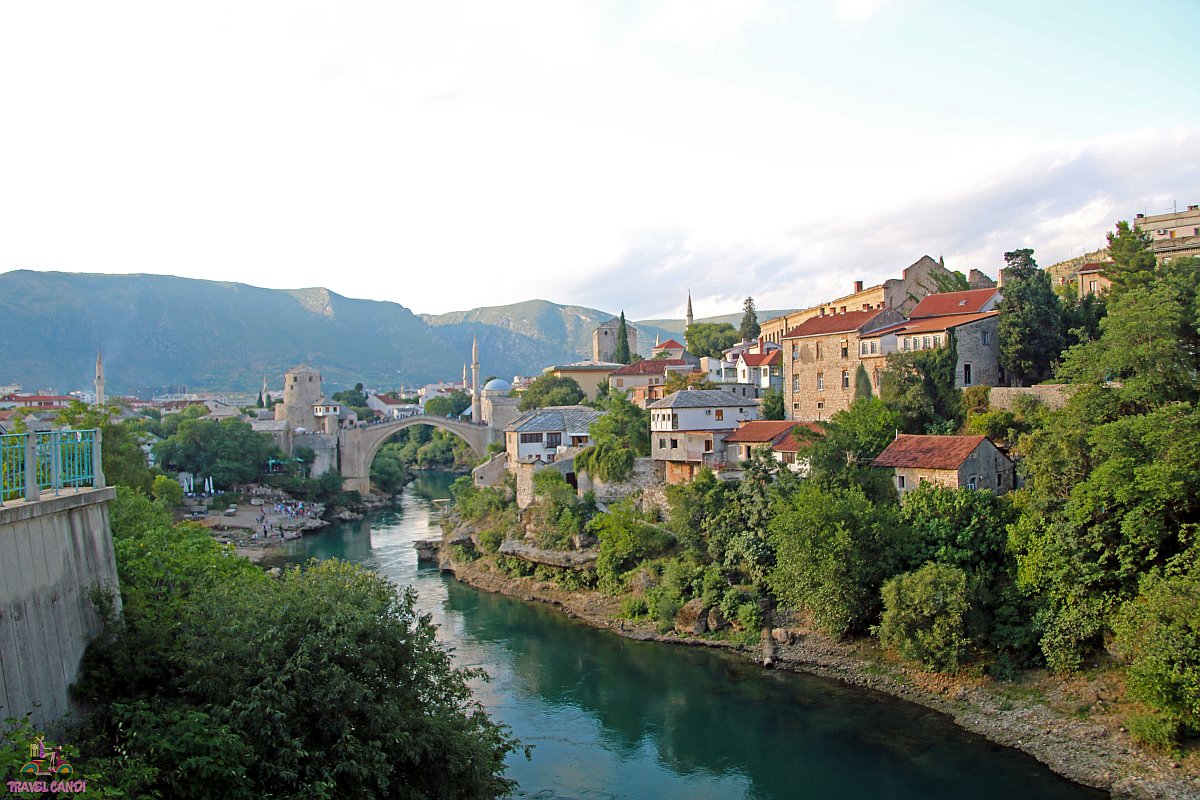
Bosnia and Herzegovina (BiH for short) has begun marketing itself as the “heart-shaped” destination in Europe. The country's marketing is correct; this formerly war-torn country claims all the heart of the continent. Bosnia and Herzegovina has lush green landscape and turquoise waterfalls, similar to what you would see traveling around Southeast Asia. Its recent history is molded around its ancient past. Smiling residents are eager to tell visitors their stories of surviving the war in the 1990s. Don’t let a decades-old war deter you from visiting Bosnia and Herzegovina. It is a safe, gorgeous country filled with friendly and welcoming people.
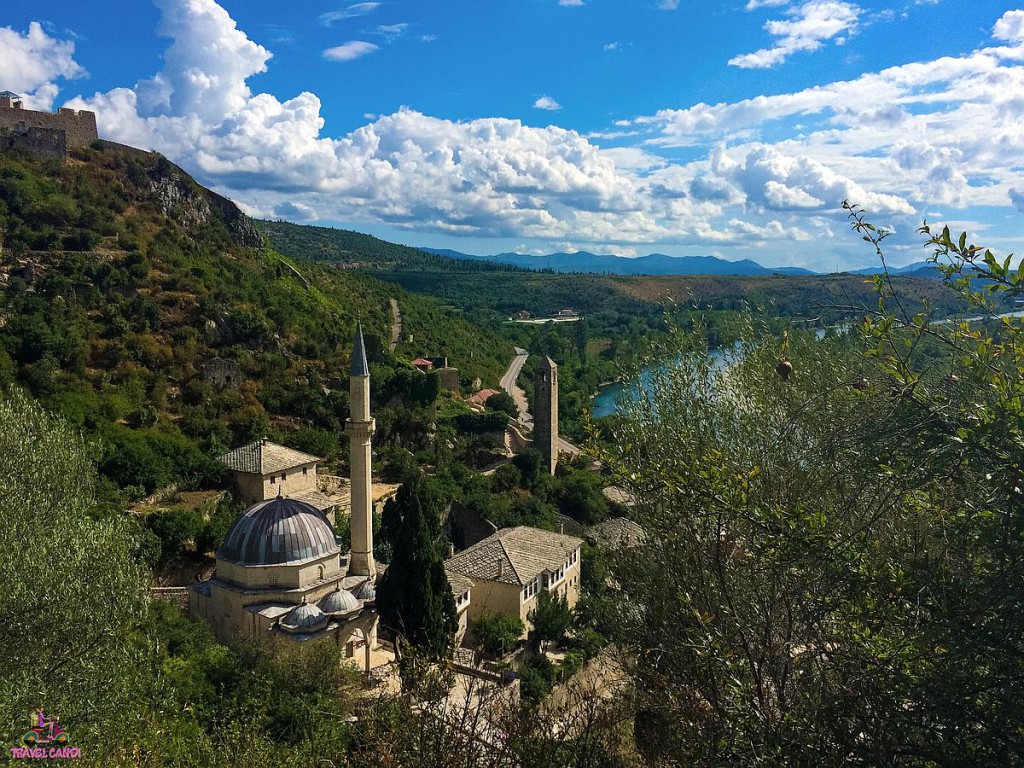
Getting There And Around
As tourism is beginning to develop in Bosnia and Herzegovina, airlines are offering more route options into Sarajevo (and even some into Mostar). Trains and bus companies have numerous daily routes in the country, making scheduling easy.
Buses are the fastest and cheapest option available, and many drive directly to your desired destination. Providing a comfortable and scenic ride, trains run internally as well.
Money
The official currency in Bosnia and Herzegovina is the Bosnian Mark (BAM). Anything less than a full mark is called a fenik.
It is still primarily a cash economy in Bosnia, although paying with credit cards is accepted at larger establishments in the main cities. ATMs can be difficult to find in smaller towns, so I recommend withdrawing enough cash before traveling out of the larger cities.
It is not common for Bosnians to tip, but rounding up to the nearest mark or leaving a little something for services rendered is appreciated. In nicer restaurants, 10-15% of the bill should be left as gratuity. If you are taking advantage of the free tours offered in BiH, please make sure to tip your guide. Because the tour is free, twenty Bosnian marks per person is an acceptable tip for your tour guide. Remember, travel guides need to make a living! The economy in Bosnia and Herzegovina is still very poor and anything extra is greatly appreciated.
Language
The official languages spoken in Bosnia and Herzegovina are Bosnian, Croatian, and Serbian. Many locals speak beautiful English, so don’t be afraid to ask someone if you’re lost and need directions!
Hello = Dobar Dan
Thank You = Hvala
Housing
There are endless hostels, hotels, and other accommodations available in Sarajevo and Mostar (and even more are developing). Note that private room accommodations are a bit harder to find, especially during popular times such as the Sarajevo Film Festival.
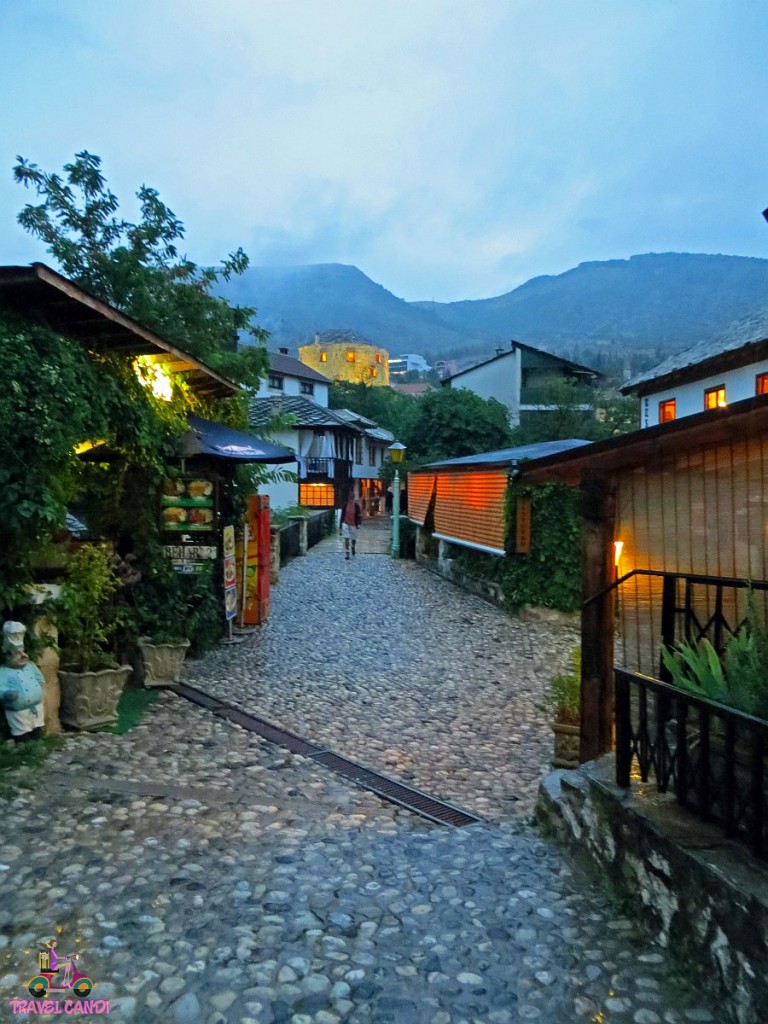
Food
Traditional Bosnian food is hearty, meaty, and made with fresh local ingredients and spices. Lamb and veal are incredibly popular menu items. Uštipici (fried dough), Bosnian čorba (stew), meatballs, and dolma are all must-tries while staying in BiH. While there are plenty of options for vegetarians (Bosnia has some amazing cheeses), I wish vegan travelers luck. Meal portions are humongous here! During the beginning of my stay in the country, I was ordering more food than I could consume. My travel buddy and I decided to start sharing meals since the portions were so large.
Coffee is culture in Bosnia and Herzegovina, and Bosnian coffee is a must-try while visiting. Consumption has particular rules, and make sure to stir it well before pouring it into your cup.
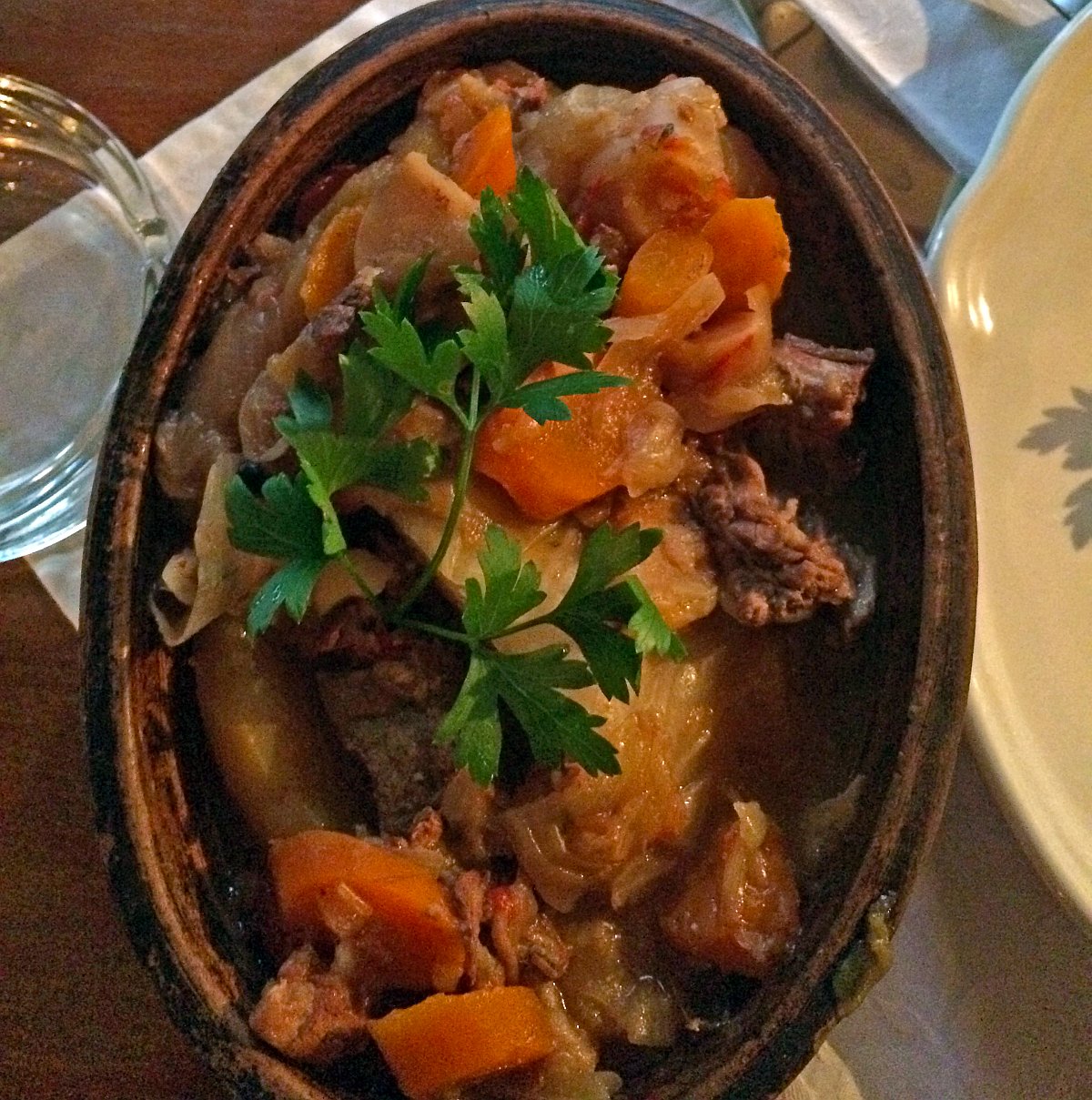
Budget Travel Tips
Bosnia and Herzegovina is a very inexpensive country to travel through, but still, there are many options available to save money while traveling in this country. Numerous different free walking tours are available in larger cities and are a great way to learn about the history from a local.
Simply choosing to eat the local cuisine is also an easy way to save some extra cash. Local dishes are more filling, with portions being much larger and less than half the price of international meals.
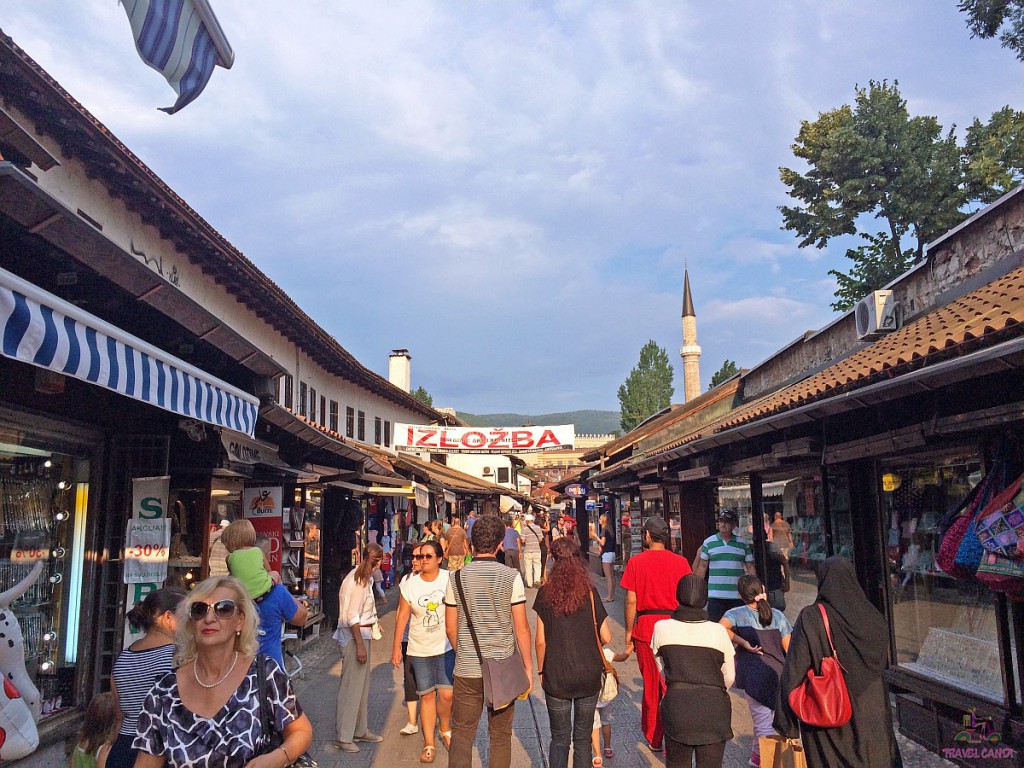
Stay Fit
There are many trails for adventure hikers in Bosnia and Herzegovina. Hum Hill in Mostar is a great hike, with rewarding views of the city and some history at the summit. Zelena Glava is a gorgeous green 22km hike that takes you to the highest peak in the Prenj Mountains. Finding information online regarding hiking in BiH is a bit scarce, so I recommend getting information from your accommodation or one of your tour guides.
Since Bosnia and Herzegovina is full of fresh natural lakes and rivers, the tap water is perfectly safe to drink and is very refreshing!
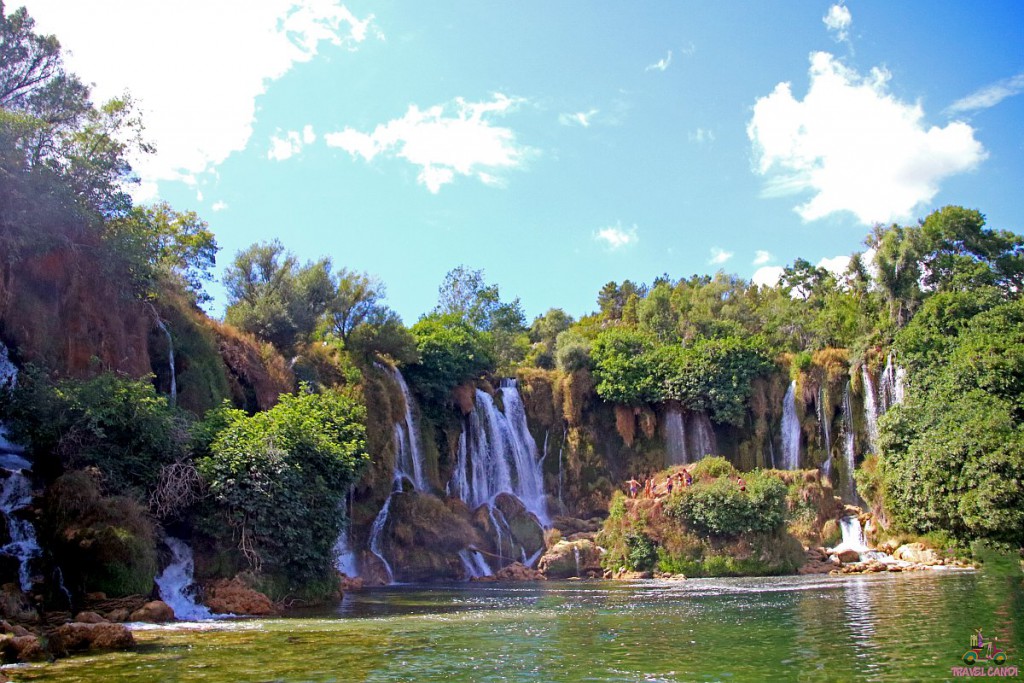
Stay Connected
Tourism in Bosnia and Herzegovina is still developing, but the locals have caught on to the demand for WiFi. Connection to WiFi is available at most accommodations and at many cafes, bars, and restaurants in popular tourist areas. Signals are strong for WiFi, and those who purchased a SIM card had no issues and reported low mobile carrier fees.
The standard European two-prong, 230V type-C/F electrical outlets are used in Bosnia and Herzegovina. A universal travel adapter is perfect for use in Bosnia and Herzegovina.
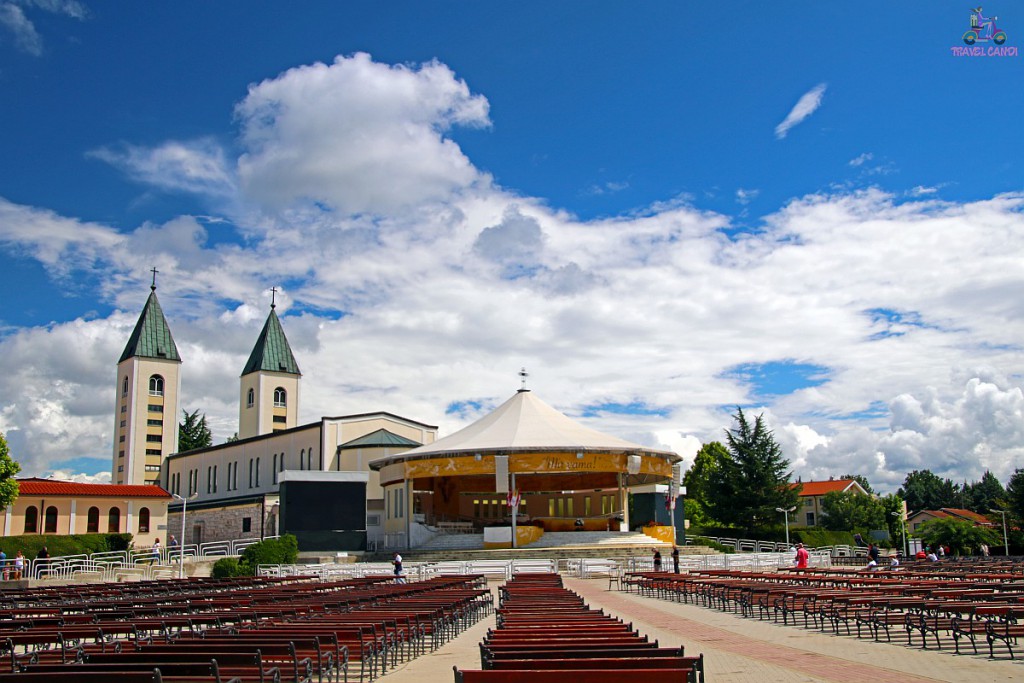
In Your Bag
While western toilets are available in many private spaces, squat toilets seem to be the most popular in public areas. Every public toilet I saw in Sarajevo was a squat toilet (be prepared to use it if you are out enjoying the nightlife in the Baščaršija area). Keeping extra disposable tissue and hand sanitizer in your bag is wise. Also, have coins available because there may be a fee to use the facilities.
